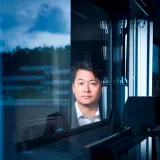
Professor Tony Ng
Richard Dimbleby Professor of Cancer Research
Research interests
- Cancer
- Immunology
Contact details
Biography
Tony Ng is the Richard Dimbleby Professor of Cancer Research, King’s College London and Professor of Molecular Oncology at University College London (UCL) Cancer Institute. He has a mix of training/expertise in medicine, immunology, cancer cell biology, biochemistry, optical imaging and cell biophysics. Most recently he has also expanded his imaging repertoire to the development of radionuclide imaging tracers against targeted molecules.
He has directed the CRUK-funded KCL-UCL Comprehensive Cancer Imaging Centre since 2008. The central mission is to deliver a coherent & translationally oriented Imaging-OMIC combination approach for clinical studies. Tissue and circulating exosome-based omics have been combined successfully with the use of clinical imaging to individualise cancer treatment, especially in the context of human epidermal growth factor receptor (HER) targeted treatments. His team has recently shown in a Phase II head and neck anti-HER cancer therapy trial, that exosomal HER receptor measurements, which present a new way of following this receptor rewiring mechanism, can contribute significantly to the prediction of favourable treatment response as measured by CT (RECIST) (ASCO. (2018), Journal of Clinical Oncology 36: Suppl 6043).
In addition, he leads the Tumour Immunology imaging project within the Breast Cancer Now Unit at KCL. He is also the Joint lead for the Cross-Disciplinary approaches enhancing biotherapeutics Theme of the newly formed UCL-Barts-King’s-Crick CRUK Major Centre/City of London Centre. His team demonstrated in breast and lung cancers that exosomal PD-L1 is part of a tightly regulated immune surveillance mechanism linking exosomal measurements in the blood to direct cell-cell immunosuppressive interactions (Cell reports. 2018;24:630-641).
For his multidisciplinary research contribution in cancer, he was elected to the Academy of Medical Sciences as a Fellow (FMedSci) in 2013 and was elected as a Fellow of the European Academy of Cancer Sciences in 2017.
Research
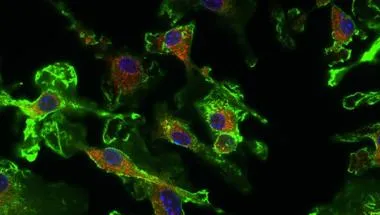
Cancer Immunology & Immunotherapy
Cancer Immunology represents a broad field of research that studies host-tumour interactions as therapeutic targets in the treatment of cancer.
Project status: Ongoing
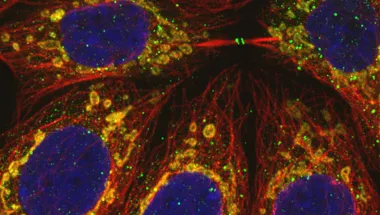
Lipids and Membranes Research Interest Group
A Lipids and Membranes Research Interest Group
News
Professor Eric So receives two prestigious international grants for myeloid leukaemia research
The Sinergia programme – providing 3 million Swiss francs – is the second prestigious overseas grant awarded to Professor So’s laboratory in two months,...
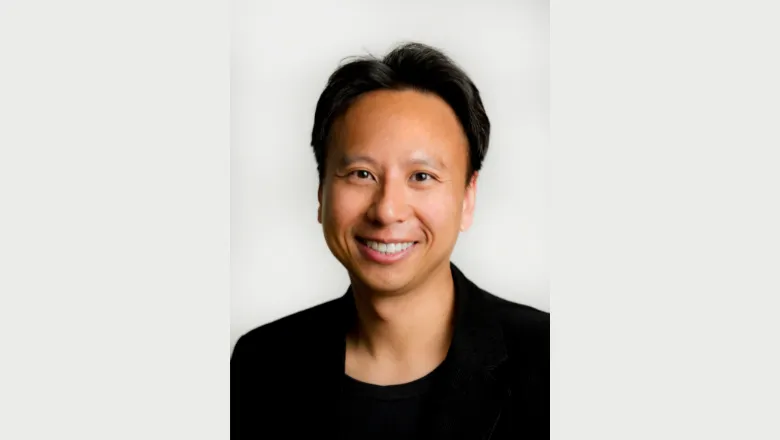
Unique prostate cancer imaging data made available to researchers
The imaging dataset PROMIS (Prostate MRI Imaging Study) tested the ability of multiparametric MRI scans to detect prostate cancer. Results showed PROMIS...
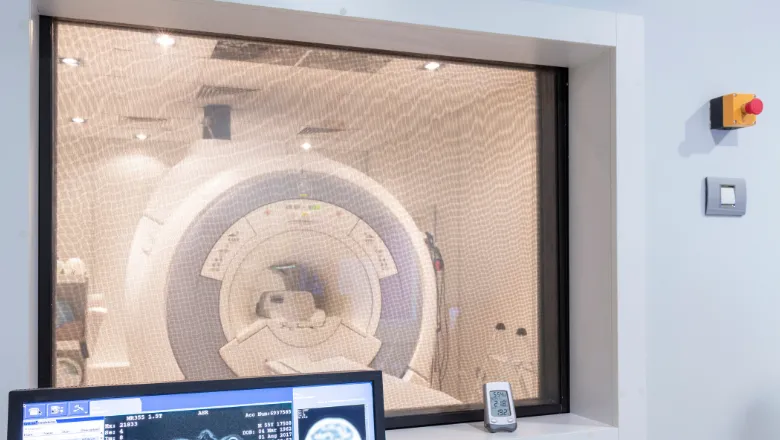
Professor Tony Ng to join GSK following long-standing collaboration
Professor Tony Ng, School of Cancer & Pharmaceutical Sciences, will be joining GSK later this month on a part-time basis, to help establish the GSK-KCL...
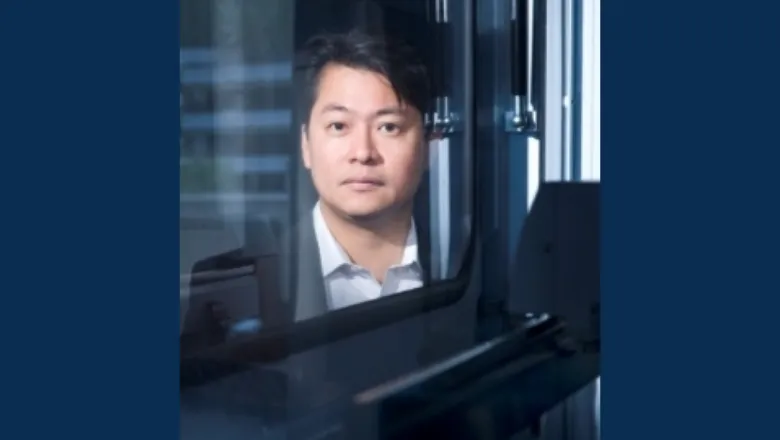
King's College London and GSK announce new cancer research collaboration
King’s and GlaxoSmithKline (GSK), a science-led global healthcare company, have formed a new partnership to provide extensive insight into how and why some...
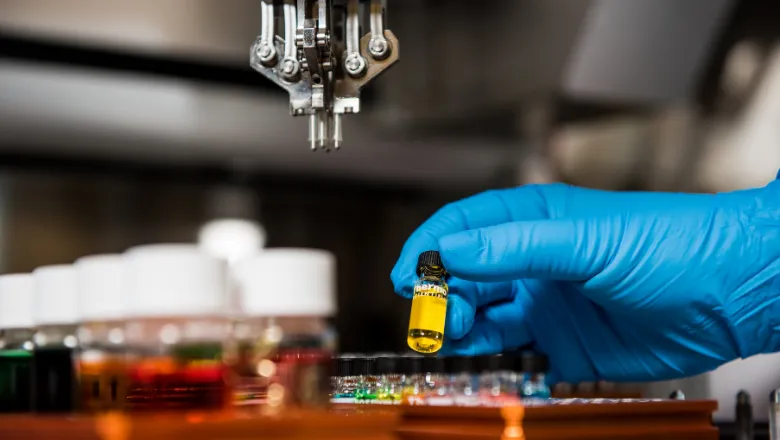
Professor Ghulam Mufti announces retirement
Professor Ghulam Mufti to retire from his positions at King's College London, King's College Hospital and King's Health Partners to continue research and...
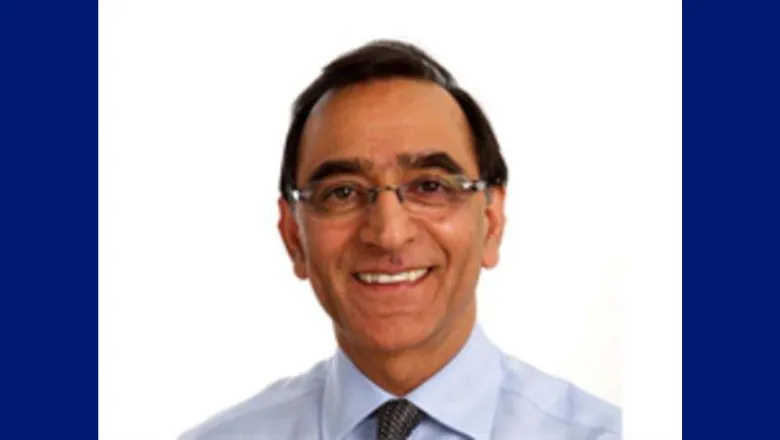
Features
Transforming cancer care at King's
King’s is the site of future breakthroughs, transforming cancer care and therapies through innovative research. An injection of philanthropic donations...
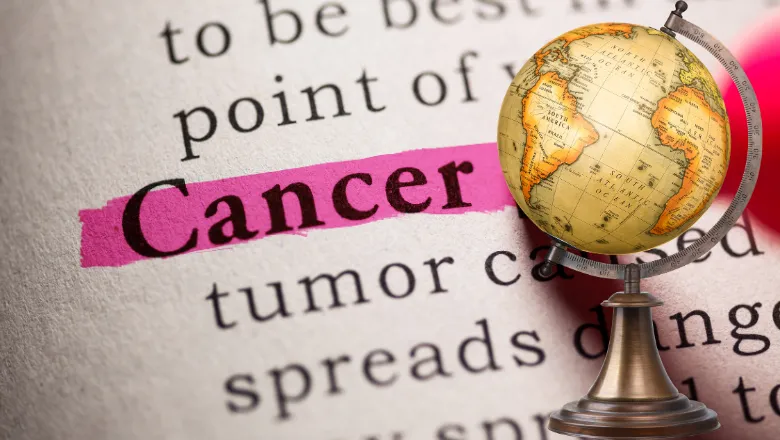
Spotlight
How King's continues to tackle cancer and support cancer care and research
Saturday 4 February marks World Cancer Day. In order to honour this key date, we have highlighted some of the most important cancer-themed stories that have...
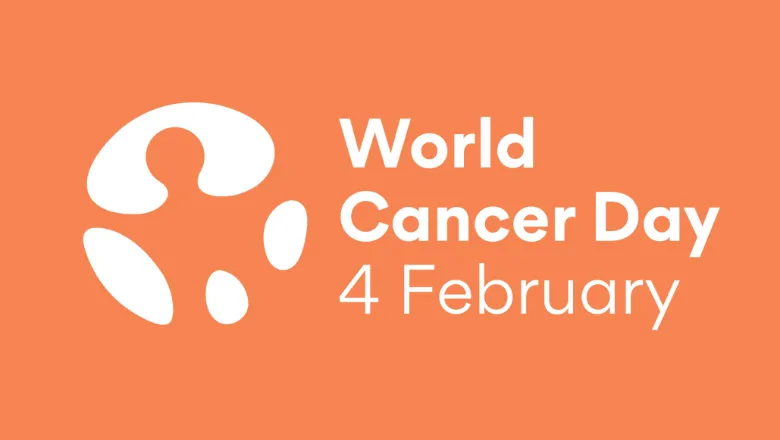
How FLIM-FRET is helping to provide new, more personalised cancer treatments
King’s have been developing a new technique called FLIM-FRET that promises to improve cancer treatments for patients that otherwise don’t respond to...
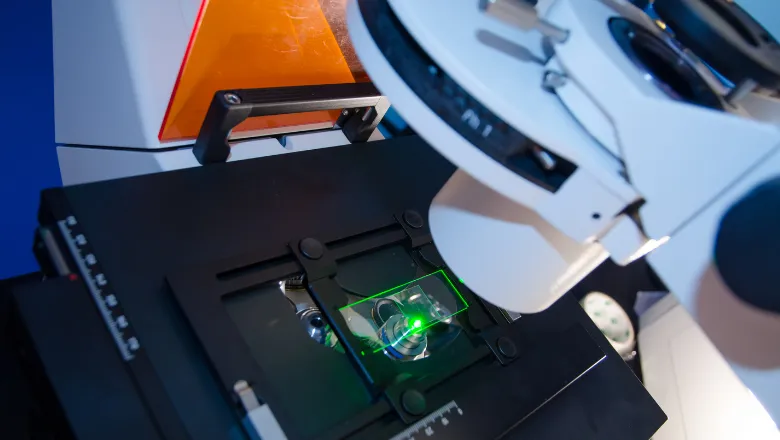
Research

Cancer Immunology & Immunotherapy
Cancer Immunology represents a broad field of research that studies host-tumour interactions as therapeutic targets in the treatment of cancer.
Project status: Ongoing

Lipids and Membranes Research Interest Group
A Lipids and Membranes Research Interest Group
News
Professor Eric So receives two prestigious international grants for myeloid leukaemia research
The Sinergia programme – providing 3 million Swiss francs – is the second prestigious overseas grant awarded to Professor So’s laboratory in two months,...

Unique prostate cancer imaging data made available to researchers
The imaging dataset PROMIS (Prostate MRI Imaging Study) tested the ability of multiparametric MRI scans to detect prostate cancer. Results showed PROMIS...

Professor Tony Ng to join GSK following long-standing collaboration
Professor Tony Ng, School of Cancer & Pharmaceutical Sciences, will be joining GSK later this month on a part-time basis, to help establish the GSK-KCL...

King's College London and GSK announce new cancer research collaboration
King’s and GlaxoSmithKline (GSK), a science-led global healthcare company, have formed a new partnership to provide extensive insight into how and why some...

Professor Ghulam Mufti announces retirement
Professor Ghulam Mufti to retire from his positions at King's College London, King's College Hospital and King's Health Partners to continue research and...

Features
Transforming cancer care at King's
King’s is the site of future breakthroughs, transforming cancer care and therapies through innovative research. An injection of philanthropic donations...

Spotlight
How King's continues to tackle cancer and support cancer care and research
Saturday 4 February marks World Cancer Day. In order to honour this key date, we have highlighted some of the most important cancer-themed stories that have...

How FLIM-FRET is helping to provide new, more personalised cancer treatments
King’s have been developing a new technique called FLIM-FRET that promises to improve cancer treatments for patients that otherwise don’t respond to...

